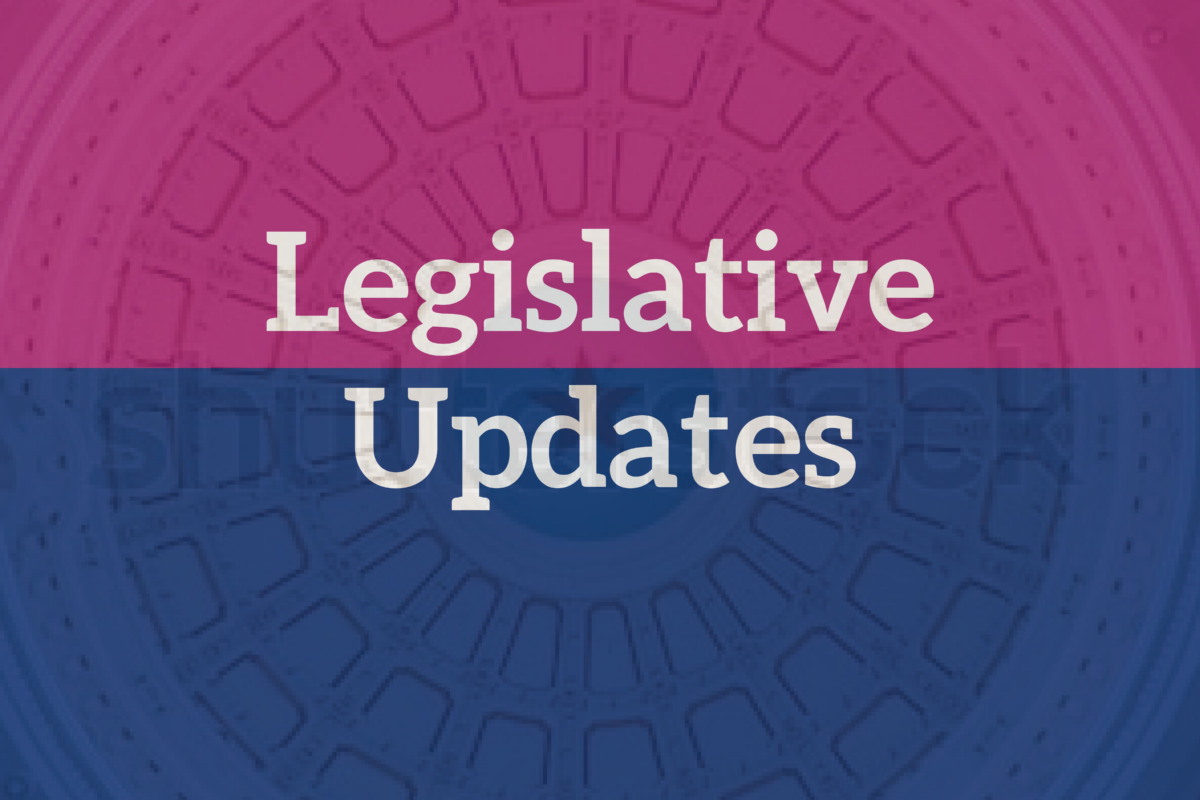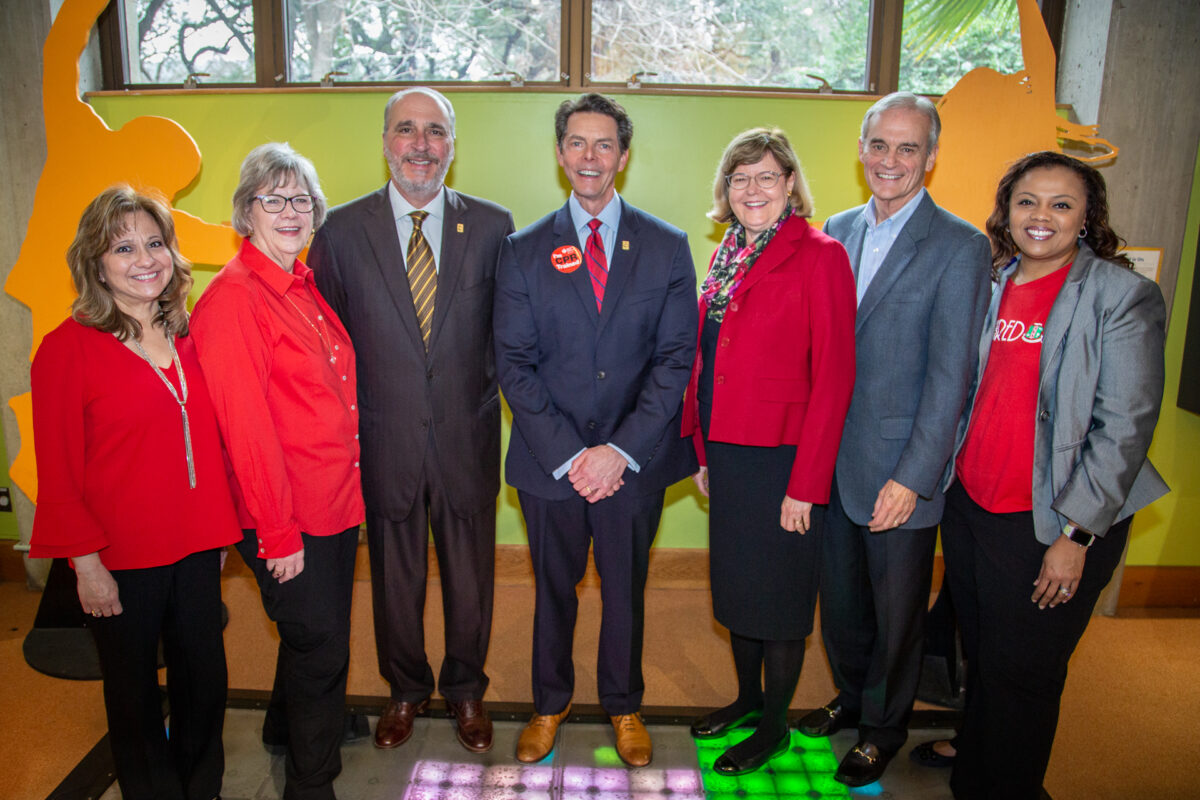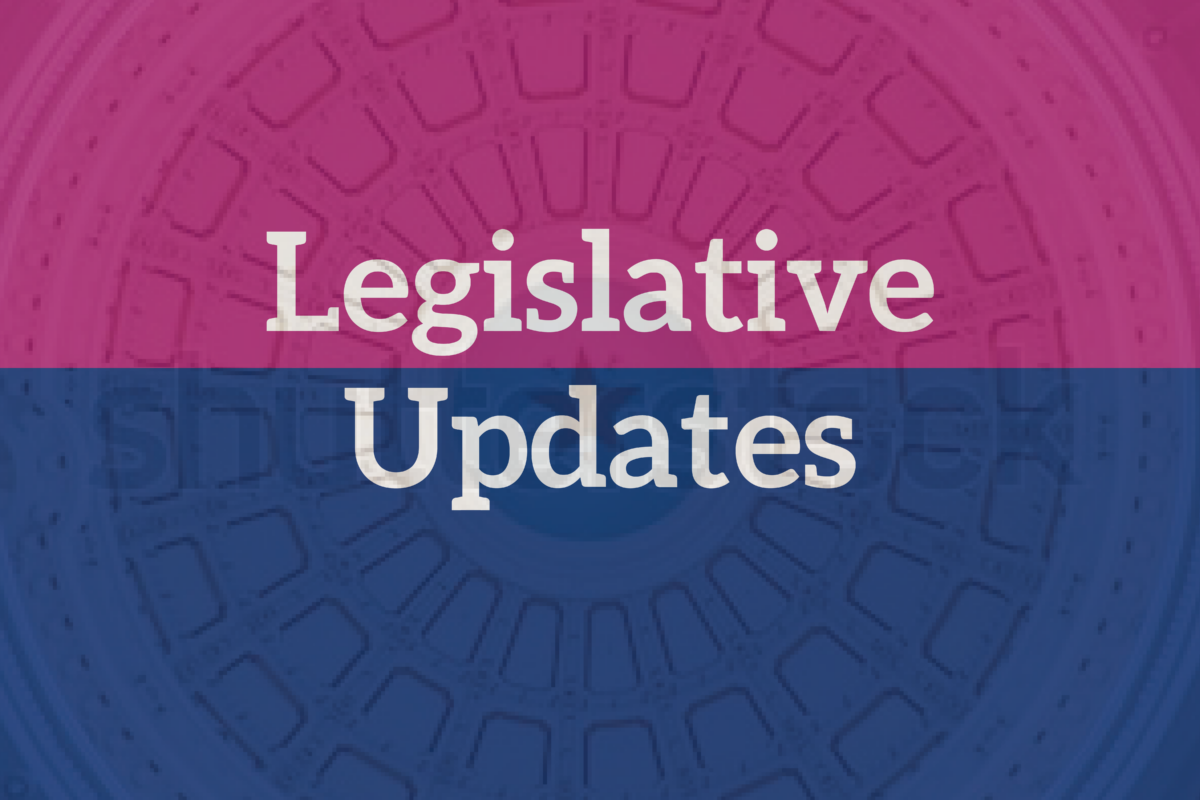Preparing the Next Generation of Healthcare Professionals
Abigail, an 11thgrade student at East Central Independent School District (ECISD), in San Antonio, isn’t shy about sharing her dreams for the future, especially when it comes to a career in healthcare.
“I want to become an obstetrician-gynecologist (OB-GYN) someday,” she said. “I believe I could reach that goal, especially after my experience at Methodist Healthcare Ministries.”
Abigail, 17, was among 22 other high school students from East Central ISD who participated in the school district’s Clinical Medical Assistant (CMA) rotations program, in partnership with Methodist Healthcare Ministries. The students rotated through 11 different departments at Methodist Healthcare Ministries’ Dixon Health & Wellness Center, located on 4212 E. Southcross, which is near where most of the students live and attend school.
“I’ve learned a lot during the program and even got to interact with patients,” said Abigail. “The rotations have helped me grow and confirm my interest in becoming a medical doctor. That’s what I’m passionate about.”
The students got to see healthcare in action as they rotated through services including dental, pharmacy, social work, medicine, physical therapy, lab, behavioral health, patient registration and administration. Students were also exposed to the high quality of care provided to the least served in the community by Methodist Healthcare Ministries, as well as inspired by the organization’s mission: “Serving Humanity to Honor God.”
“It was an eye-opener for me. I had no idea there was care like this for people who do not have access to healthcare. It’s great to see the care these patients receive,” said Anastacia, an 11thgrade student at East Central ISD. “I was also able to get a better picture of what I’m learning in my school books. Reading about it is one thing but to actually experience it, makes it real.”
It was the first time Methodist Healthcare Ministries participated in East Central ISD’s new program and it has proven to be a success.
“We’re glad they approached us to be part of this course because it’s the perfect match,” said Oanh Maroney-Omitade, vice president of clinical operations at Methodist Healthcare Ministries. “It’s great to be able to give these students a closer look at healthcare in action and to expose them to a caring and compassionate profession.”
Dolapo Sokunbi, a clinical administrator at Methodist Healthcare Ministries, said having the students rotate through the different departments has helped guide them in choosing their profession. “The students got to interact with our patients and learned how to meet their medical needs which includes physical, mental, emotional and spiritual care,” said Sokunbi. And, our team members were able to share their knowledge and experience with the students as well.”
Sokunbi said students were also able to take vital signs, assist with x-rays and lab work, as part of their experience and the program is designed to help students become better prepared for their CMA test this summer.
Marcus, a senior at East Central ISD, said the program boosted his confidence. “The program really helped me improve my confidence level. I gained confidence in my own abilities to learn about healthcare. It’s been a great experience for me.”
Anastasia agrees. She said the program has helped her become a better communicator, as well as inspired her to pursue a career in nursing. “I want to become a registered neonatal nurse. I really love working with people.”
“Our goal is to provide each student with the tools they need to move forward in their future careers,” said Brit Peek, manager of human resources at Methodist Healthcare Ministries. “We are so proud of these students for demonstrating a true passion for those in need of medical care in our community. We wish them the best as they continue their education.”
Peek said once students have passed their exam, they will become certified clinical medical assistants and qualified to apply for a CMA position anywhere they wish.
Maroney-Omitade said Methodist Healthcare Ministries hopes to continue equipping youths who are exploring a career in healthcare through the CMA training program at East Central ISD. But most importantly, she hopes each student takes what they learned and applies it, no matter where they decide to work.
Methodist Healthcare Ministries’ is dedicated to supporting initiatives designed to address the shortage of healthcare professionals in our communities. In 2018, we awarded $3.1M in grants to funded partners such as the Alamo Colleges District, UT Health San Antonio, and Texas A&M International University to support their efforts to address Texas’ healthcare workforce. Our Policy & Advocacy team also identified improving Texas’ healthcare workforce as one of the four key public policy priorities for the 86thTexas Legislative Session. Across the organization, we actively promote opportunities to improve the healthcare workforce that provides care for the least served in the community. To learn more, visit online at mhm.org.







 These students live near the Dixon Health & Wellness Center, where they invested four months of their time to learning about the different medical services available to patients served by Methodist Healthcare Ministries. Their goal was to get real-world work experience that will help prepare them for the CMA exam this summer. Each student rotated through various departments including dental, pharmacy, social work, medicine, physical therapy, lab, behavioral health, patient registration, and administration.
These students live near the Dixon Health & Wellness Center, where they invested four months of their time to learning about the different medical services available to patients served by Methodist Healthcare Ministries. Their goal was to get real-world work experience that will help prepare them for the CMA exam this summer. Each student rotated through various departments including dental, pharmacy, social work, medicine, physical therapy, lab, behavioral health, patient registration, and administration.
 A ribbon cutting ceremony was held this morning at the H-E-B Body Adventure Powered by University Health System in front of the newly installed CPR Kiosk. Marise McDermott, President and CEO of the Witte Museum was joined by Jaime Wesolowski, President & CEO of Methodist Healthcare Ministries, Alice H. Gannon, Chair of the Methodist Healthcare Ministries board of directors, Maria Garcia, Chair of the American Heart Association board of directors and CPR Survivor Kaeyel Moore to celebrate the new addition to the four-floor interactive building focused on Health IQ, Empowerment and Wellness.
A ribbon cutting ceremony was held this morning at the H-E-B Body Adventure Powered by University Health System in front of the newly installed CPR Kiosk. Marise McDermott, President and CEO of the Witte Museum was joined by Jaime Wesolowski, President & CEO of Methodist Healthcare Ministries, Alice H. Gannon, Chair of the Methodist Healthcare Ministries board of directors, Maria Garcia, Chair of the American Heart Association board of directors and CPR Survivor Kaeyel Moore to celebrate the new addition to the four-floor interactive building focused on Health IQ, Empowerment and Wellness.
 On Wednesday, Methodist Healthcare Ministries joined the American Heart Association in promoting policies to improve cardiovascular health. Heart advocates urged legislators to support
On Wednesday, Methodist Healthcare Ministries joined the American Heart Association in promoting policies to improve cardiovascular health. Heart advocates urged legislators to support












 The 2018 State of Texas Children report was released at a briefing in San Antonio on November 15. Over 250 advocates, service providers, public officials and concerned Texans attended the event, which also featured a policy discussion with State Representative Diego Bernal, CPPP Legislative and Policy Director Luis Figueroa and journalist Bekah McNeel. At the briefing, several community members supported expanding access to health insurance and family planning services and protecting Medicaid and CHIP from cuts. Jaime Wesolowski, president and CEO at Methodist Healthcare Ministries, addressed the group and reminded the audience that Texas has consistently ranked in the bottom ten states for child well-being. Ensuring that lawmakers have the latest data and policy recommendations for the upcoming legislative session is an important role that s been spearheaded by the Ministries for many years to ensure that Texas kids are on a path to a bright future through policies that improve the conditions of all Texas kids and put them on the road to success.
The 2018 State of Texas Children report was released at a briefing in San Antonio on November 15. Over 250 advocates, service providers, public officials and concerned Texans attended the event, which also featured a policy discussion with State Representative Diego Bernal, CPPP Legislative and Policy Director Luis Figueroa and journalist Bekah McNeel. At the briefing, several community members supported expanding access to health insurance and family planning services and protecting Medicaid and CHIP from cuts. Jaime Wesolowski, president and CEO at Methodist Healthcare Ministries, addressed the group and reminded the audience that Texas has consistently ranked in the bottom ten states for child well-being. Ensuring that lawmakers have the latest data and policy recommendations for the upcoming legislative session is an important role that s been spearheaded by the Ministries for many years to ensure that Texas kids are on a path to a bright future through policies that improve the conditions of all Texas kids and put them on the road to success.